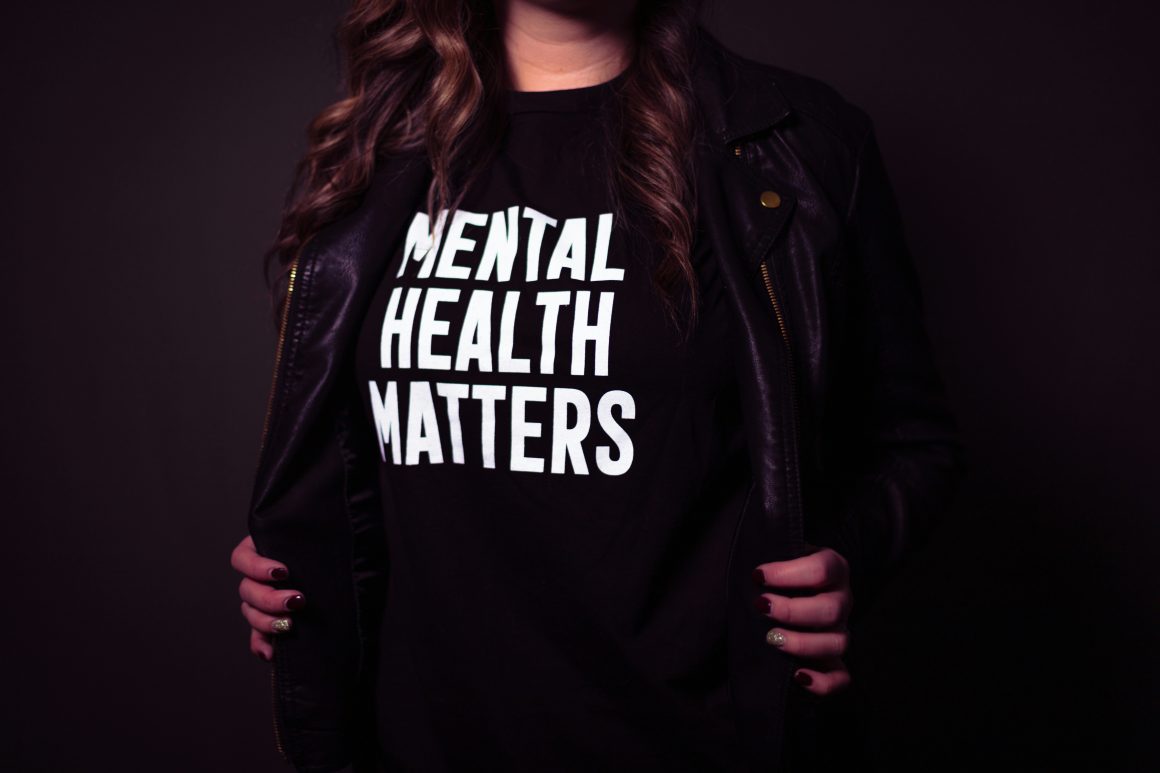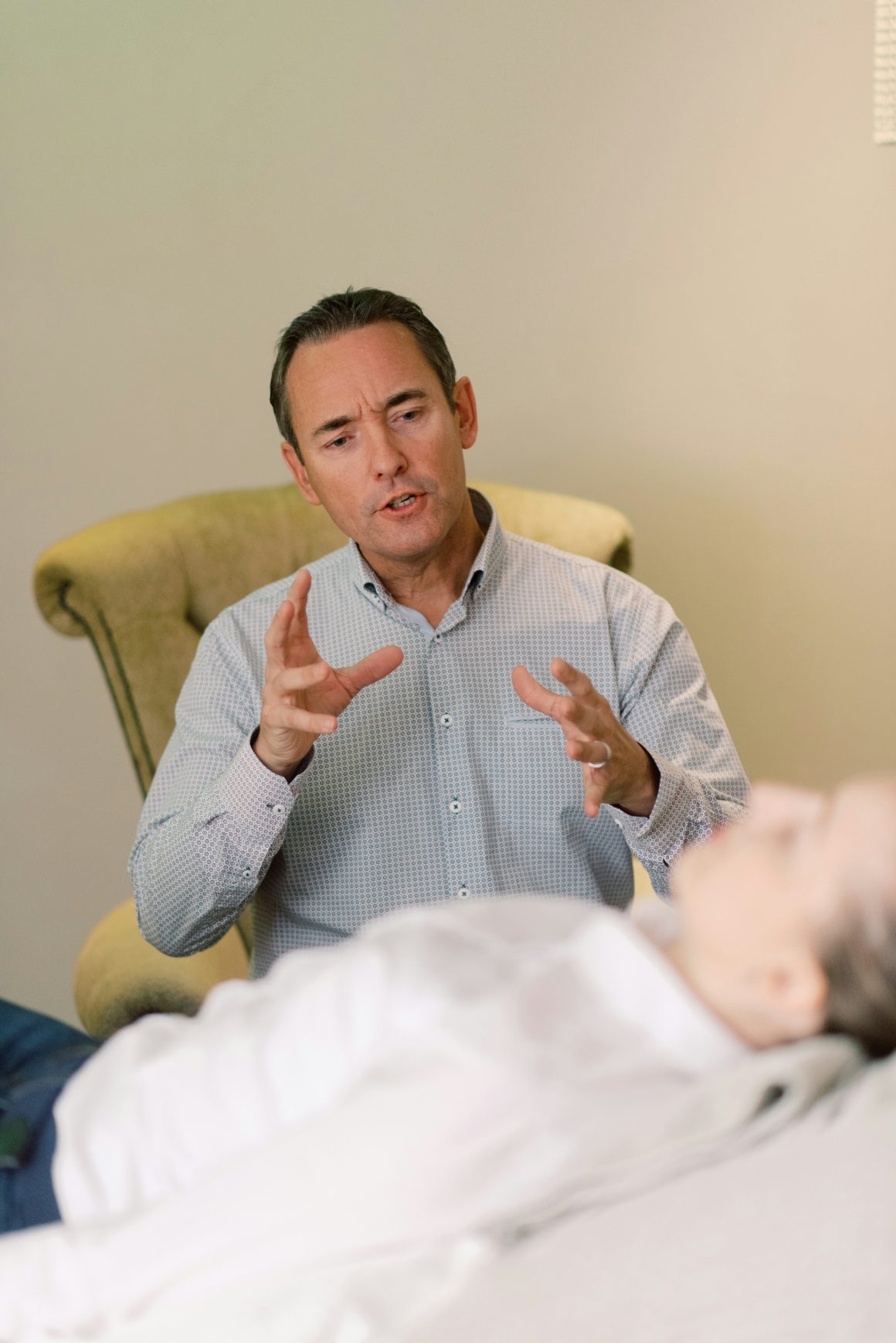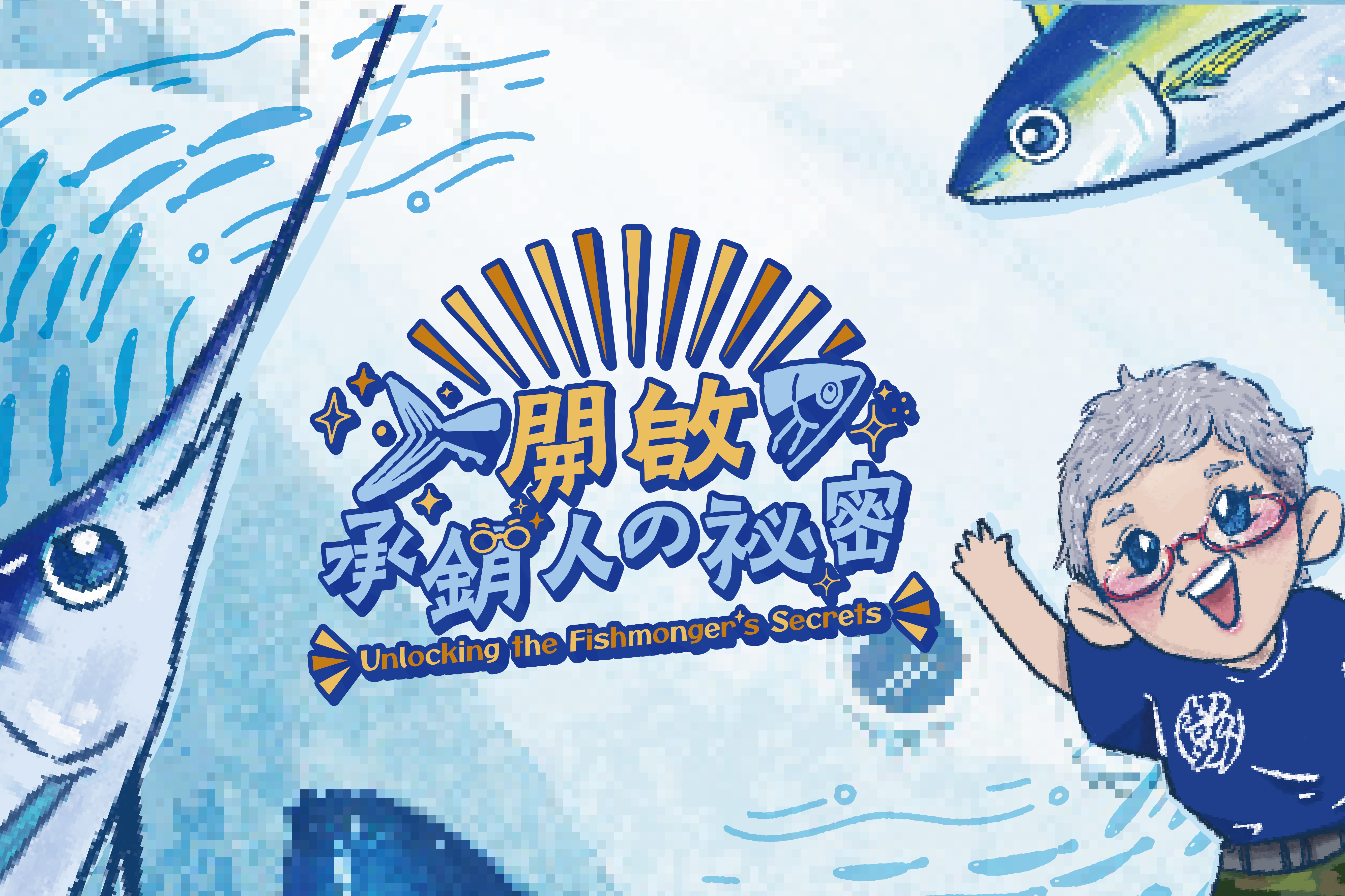Author Chris van Laak
Photographer Matthew ball, Micheile Henderson, Daniel Wirtz, Alvin Mahmudov
Editor Chih Yi Chen
Taiwan is home to about 850,000 registered foreign residents. If you look online, one of their favorite pastime activities seems to be praising Taiwan for how great it is (the food, the safety, public transportation), closely followed by complaining about how terrible it is (the traffic, the work culture, the people and their antics).
A healthy middle ground is often hard to find.
What if both extremes were an expression of the same problem?
A crisis that cannot be ignored
Taiwan is in the throes of a mental health crisis. The numbers, such as the suicide rate, are alarming and show that young people are most strongly affected. The suicide rate among those aged 15 to 24, for example, more than doubled between 2014 and 2023. The rates for other age groups don’t follow this worrying trend, but they remain high across the board. Taiwan is just outside the global top 10 overall, a place where it doesn’t want to be this time around.
Even though there’s great reluctance to address the root causes of the problem, as it might look too much like rocking the boat, the central government has at least begun to address the symptoms.
For example, struggling students can now take no-questions-asked “mental health leave.”(心理假)It remains to be seen whether the policy, which includes a requirement that they get parental consent, really takes hold, but it’s a step in the right direction.

Another step in the right direction is the introduction of up to three free “mental health consultation sessions” per person under the Mental Health Support Program for Young and Strong Generations Aged 15-45. The program is open to all people in that age group who have National Health Insurance coverage, regardless of nationality. Many mental health clinics across the country participate, even though there doesn’t seem to be a comprehensive list of which ones do, so it’s up to the person who seeks help to call in and ask. Unfortunately, chances are high that any given clinic’s contingent is fully booked, or that it’s reluctant to offer services in languages other than Chinese.
The new program is indeed not more than a baby step.
Performance-focused
Other problems remain. Mental health is often seen exclusively as the problem of the mentally ill—the severely ill. Long-term therapy is only covered for people with certain debilitating diagnoses and medication remains the go-to method to address all ailments.
Unfortunately, the choice of treatment methods is often dictated by their cost, says Lionel Lee, a Taiwanese-American psychologist who lives in Taipei.

Many patient-facing mental health professionals receive training as “mental health counselors” in the education departments of Taiwanese universities. In the Taiwanese health system, they outnumber their more broadly trained peers who received their education in medical schools.
Their training is geared toward work with school children in mental distress. The goal is helping them deal with pressure, fall back in line and get back on track toward academic success. The approach is representative of how mental health issues are often seen: As a problem of performance.
Change is needed—in the way the authorities address mental health, in the way health professionals treat patients and in the way the general public thinks about it. This includes everyone living here, including foreigners who praise Taiwan online when they have a good day and poo-poo it on a bad day.
Life’s great, until it isn’t
When arriving in Taiwan as a Western foreigner with white skin, there are many good days. Life is easy, thanks, in part, to the availability of great food, a safe living environment and great public transportation, as well as many other things, including certain privileges bestowed upon you, regardless of whether you want or acknowledge them.
Especially foreign residents who understand themselves as culturally savvy tend to wear their love of Taiwan as a badge of honor. The fact that they miss certain things—family, certain foods that taste like home, cold weather, certain activities that are hard to come by in Taiwan—doesn’t matter much. That is, until it matters, often when it becomes apparent that the things they miss are not just the usual trifles. They might find out that career options are limited in their field and that access to Taiwanese society only goes so far, regardless of language skills.

They might end up socially isolated, or are at least prone to social isolation, for example if their relationship to their local partner fails. It might not happen overnight, and it might not even be a conscious process, but their love of Taiwan might turn into something else entirely. This might, however, just be an outlet for mental distress—one that I’ve personally seen many times, including in myself at a time when I was struggling.
An everyday example
I live in an area that has quite a number of foreign residents from Western countries, but far fewer than some central districts of Taipei or the expat stronghold of Tianmu. In the morning, I often encounter one of them in front of a nearby 7-Eleven where he cracks open his presumably first can of Taiwan Gold of the day. As a foreigner in Taiwan you have the privilege to open a can of beer at any time of the day without anybody questioning your life choices; it might even be something that locals expect of foreign residents: We’re here for a few years, mainly to work, but in no small part also to enjoy our lives. And drinking beer is simply part of our culture.

What I see in him, however, is somebody who needs to drink in order to cope with whatever is going on in his life. It is probably something that should be addressed as what it really is: a mental health problem.
Getting better step-by-step
Even though the situation is far from perfect, Taiwan is not a mental health wasteland, and there’s pressure on the government to improve the existing support structures. Especially for those who find out-of-pocket therapy prohibitively expensive, the three free sessions under the new program might help at least a little. If the program is well received, there might be pressure to expand the offering, for example by increasing the number of free sessions and lifting the age limit.
Another important step, one that costs nothing but is hard to take, is to simply acknowledge that we all have our mental health needs. And foreigners living in Taiwan, regardless of whether they’re part of a privileged group, have specific needs that must be addressed, too.
In order to help them, Taiwan could even allow aspiring mental professionals to take the license exam in languages other than Chinese.
Besides English, that should also include Bahasa Indonesia, Vietnamese and other languages spoken by large immigrant communities, says Lionel Lee, who has a doctorate in clinical psychology from Pepperdine University.

“Language and cultural competence should not be barriers,” he says. “I know these things are aspirational, but let’s just work step by step.”












